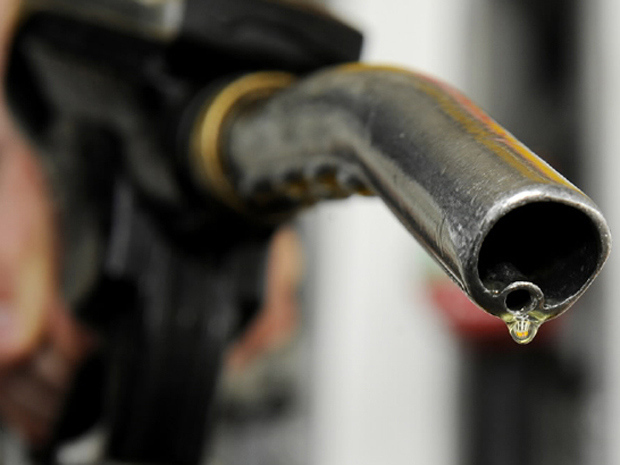Fall in oil prices threatens Africa’s economic growth

Getty Images
Plunging oil prices are threatening Africa’s economic ascent.
Recent oil and gas discoveries were hailed as a godsend for African nations aspiring to middle-income status. But billions of investment dollars are moving into projects just as crude prices have tumbled, raising fears that some may be put on hold.
Total, Exxon Mobil and other companies are at work on a $16-billion oil project in Angola that will be profitable only if oil prices average more than $70 a barrel, Citigroup analysts estimate. The price of Brent crude closed at a new five-year low on Thursday, falling nearly 1%, or 56 cents, to $63.68 a barrel.
Anadarko Petroleum and Eni have spent more than $5 billion developing natural-gas fields in Mozambique that threaten to become much less profitable if global supply expands too rapidly. Ugandan officials say they fear lower oil prices could deter companies, including Tullow Oil and China’s Cnooc, from following through on plans to invest up to $15 billion to develop the country’s oil fields.
Cheaper fuel will help many African countries suppress inflation by keeping energy import costs down. But the continent’s biggest economies have staked their futures on robust prices for oil and gas. Pumping high-price crude has generated rapid economic growth and spending that spilled across borders.
Now, those flows are set to slow sharply. Capital Economics says falling commodity prices will cut growth across sub-Saharan Africa by one percentage point next year, to around 4%, the slowest rate since the late 1990s.
“It’s bad for all of Africa,” said Jack Allen, an economist at the research firm.
By PATRICK MCGROARTY, DREW HINSHAW and MATINA STEVIS
Source: WSJ

